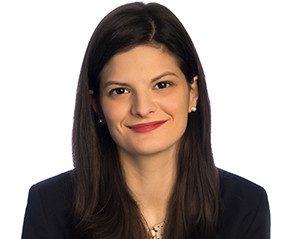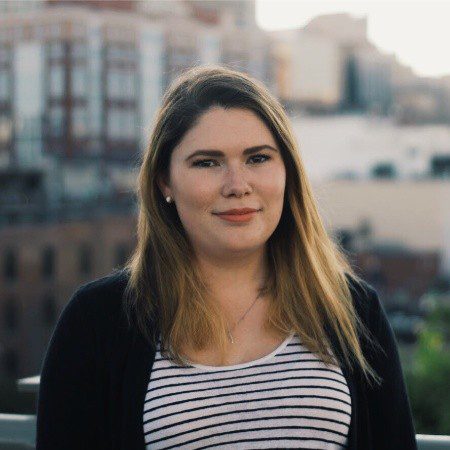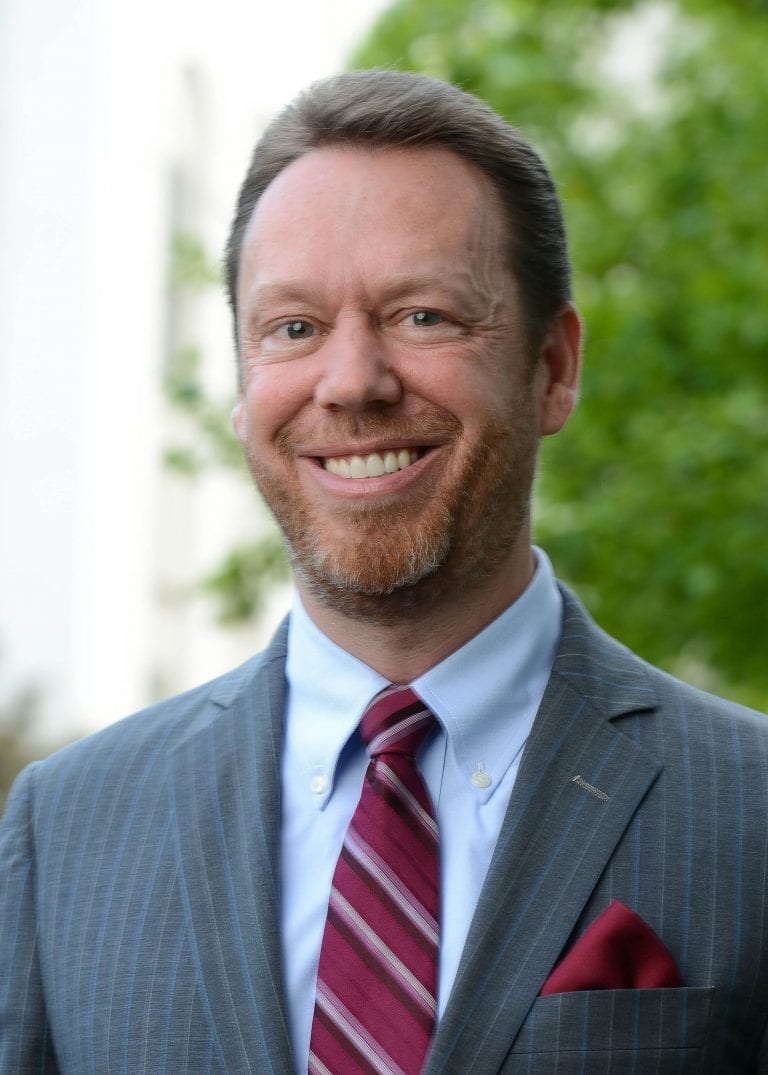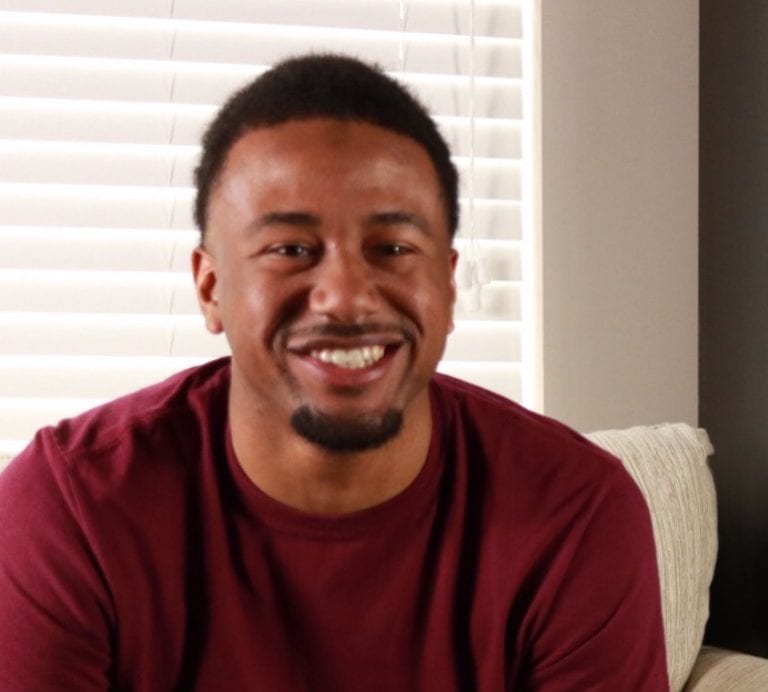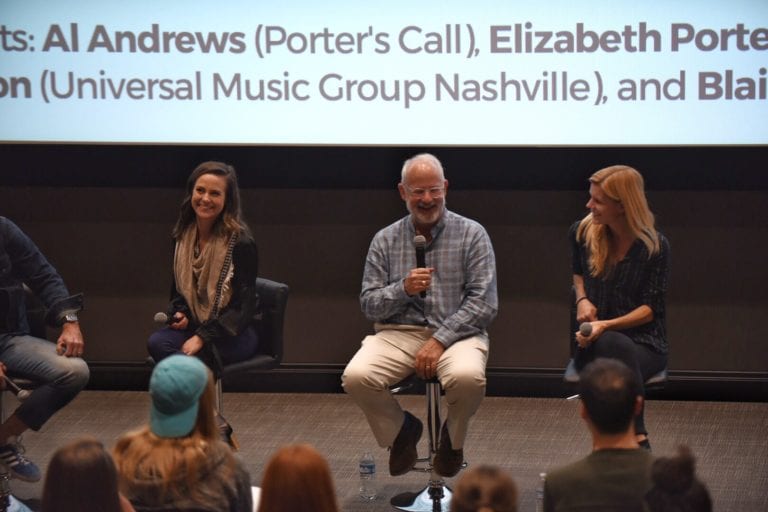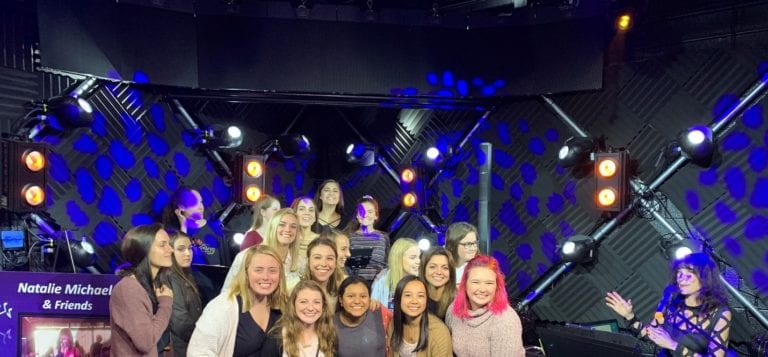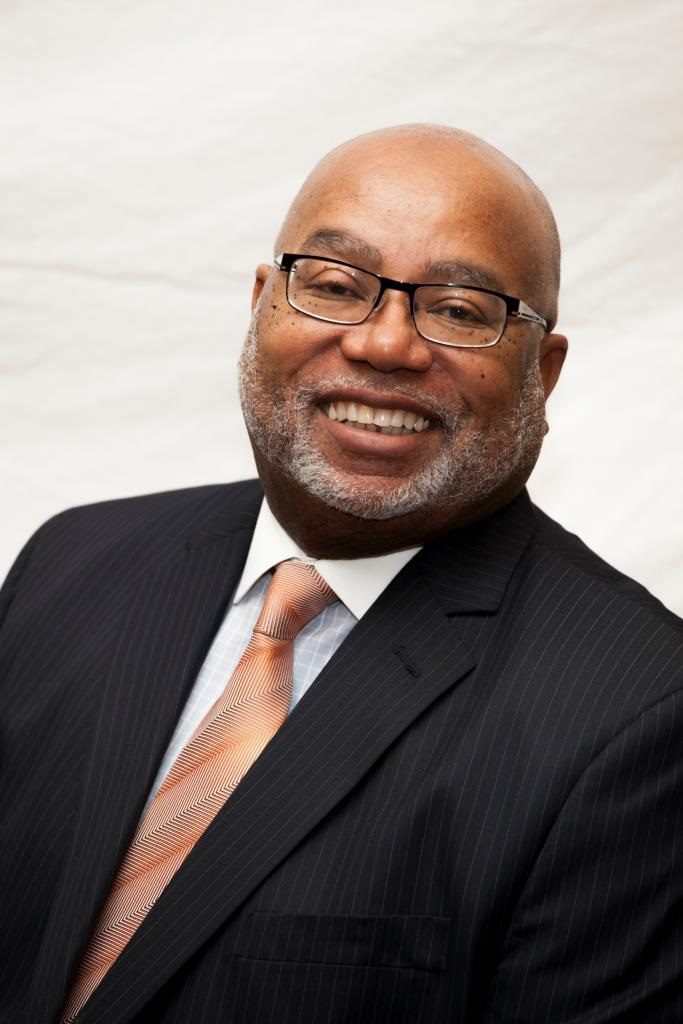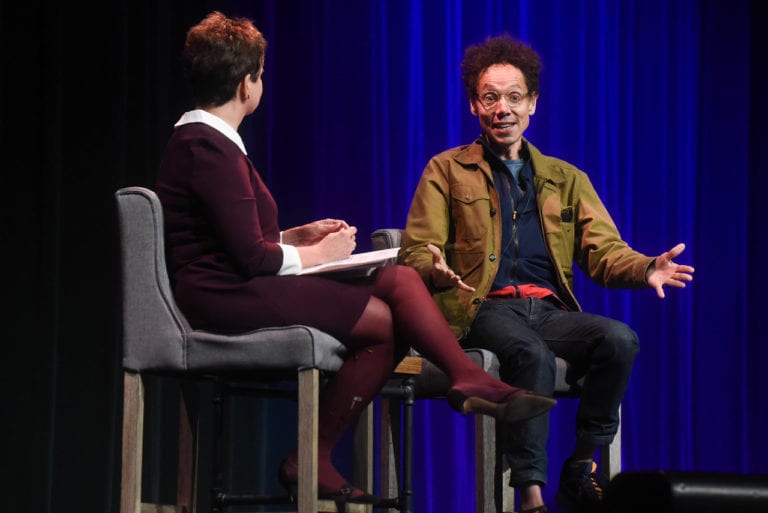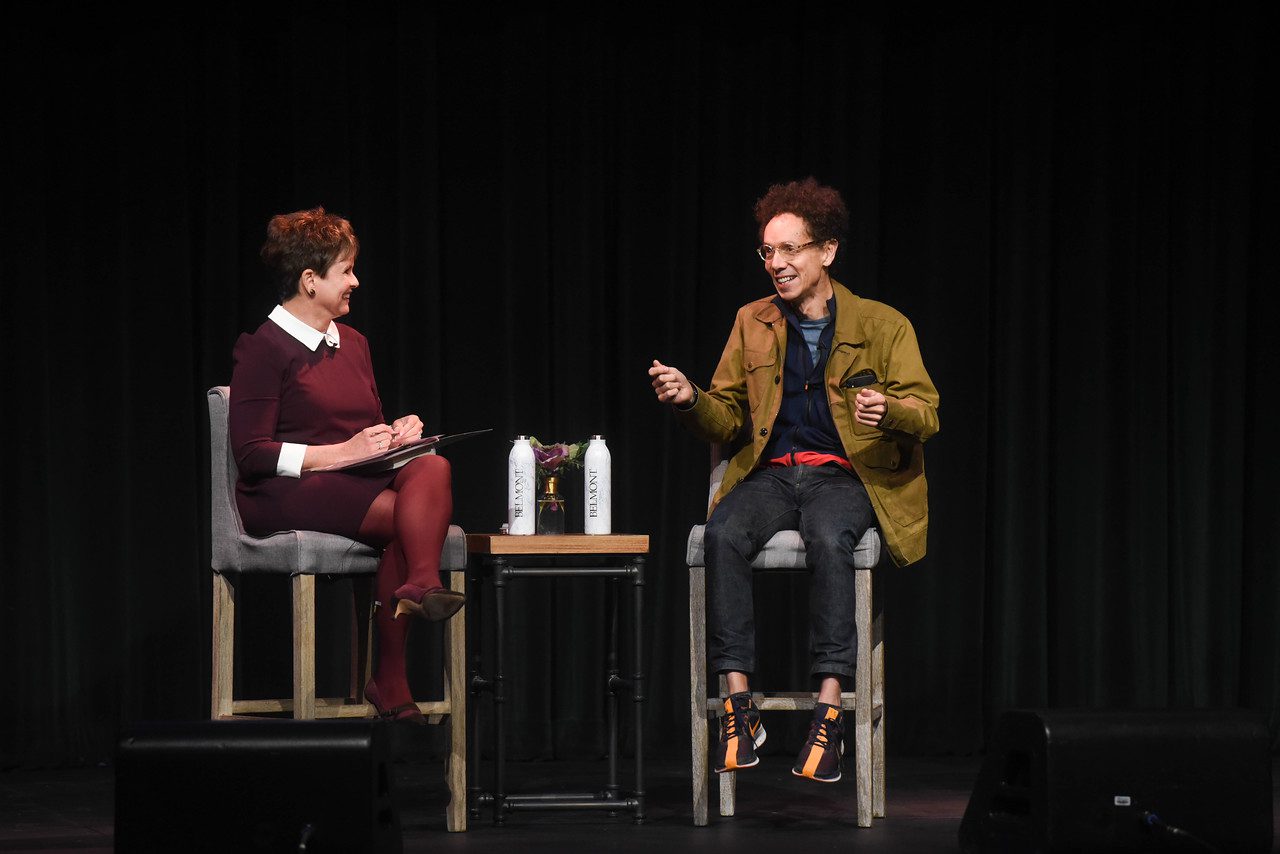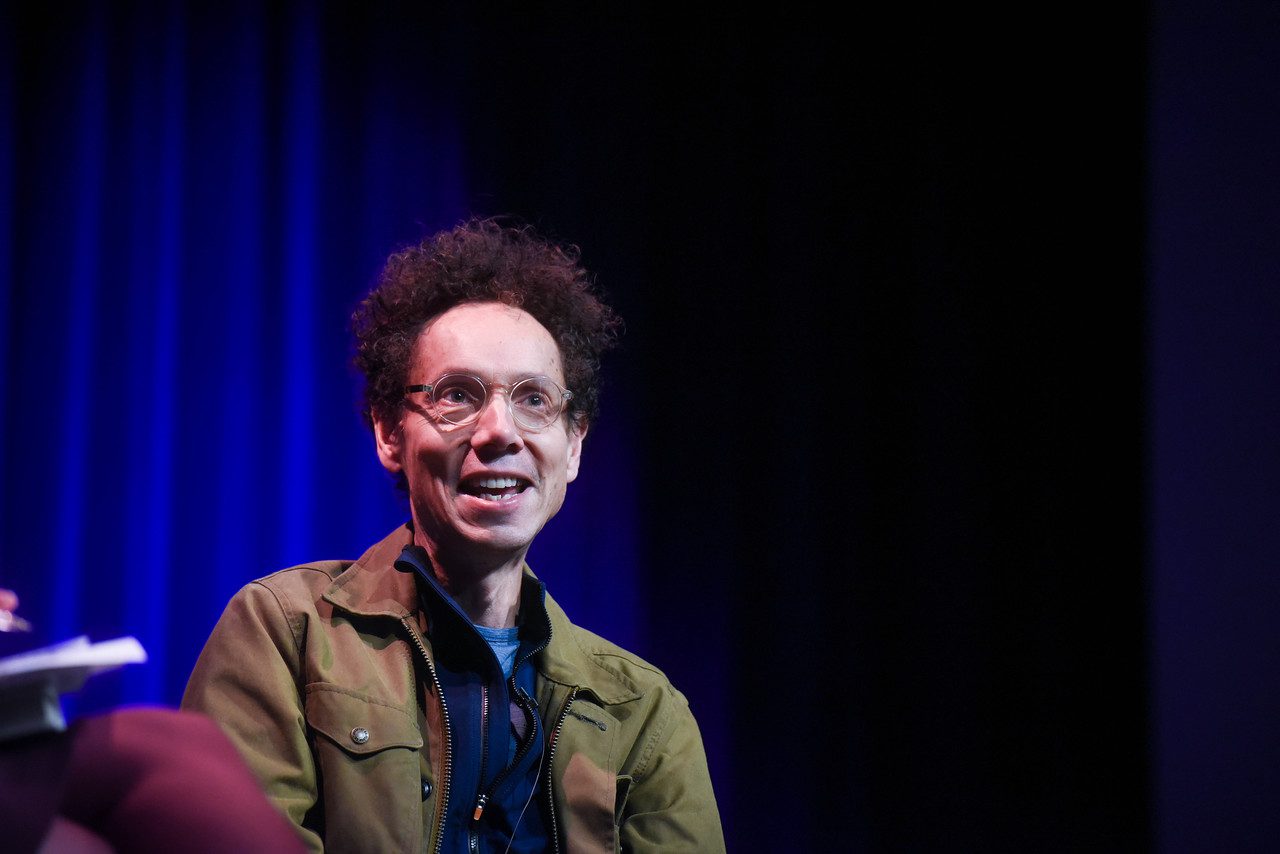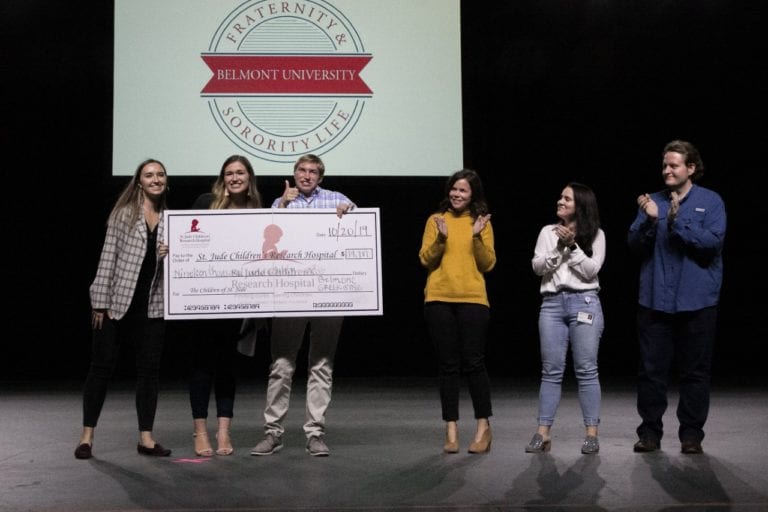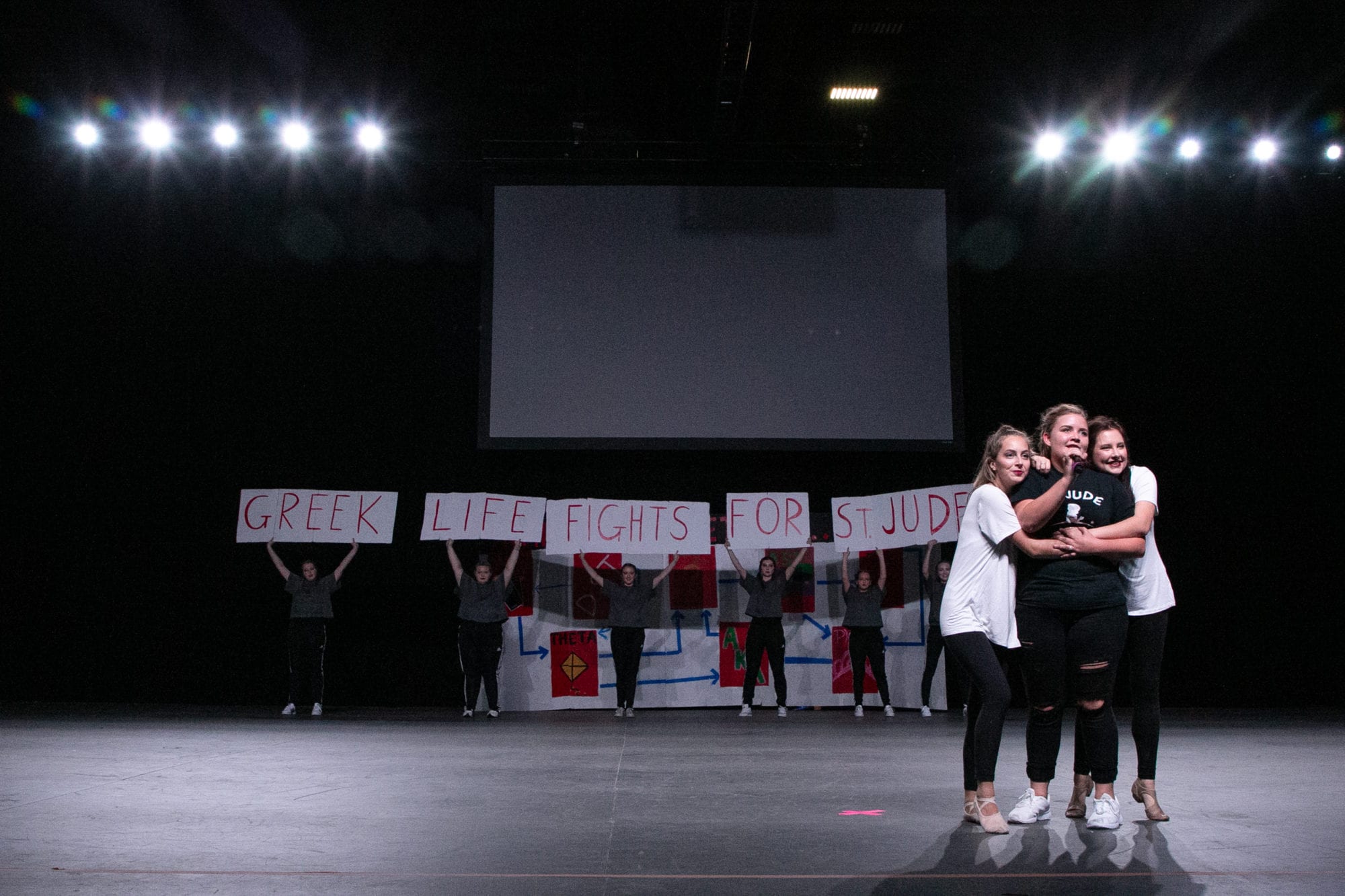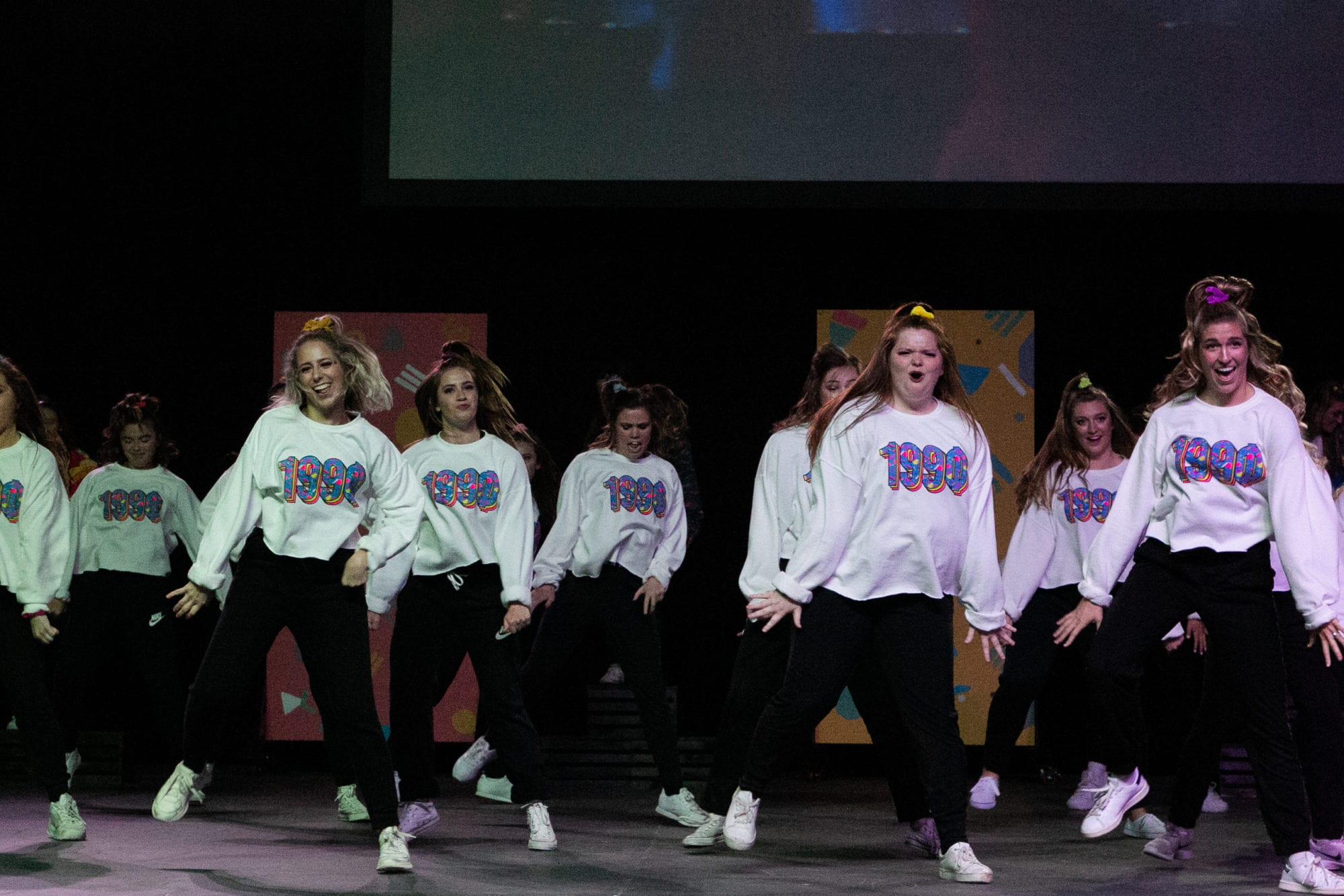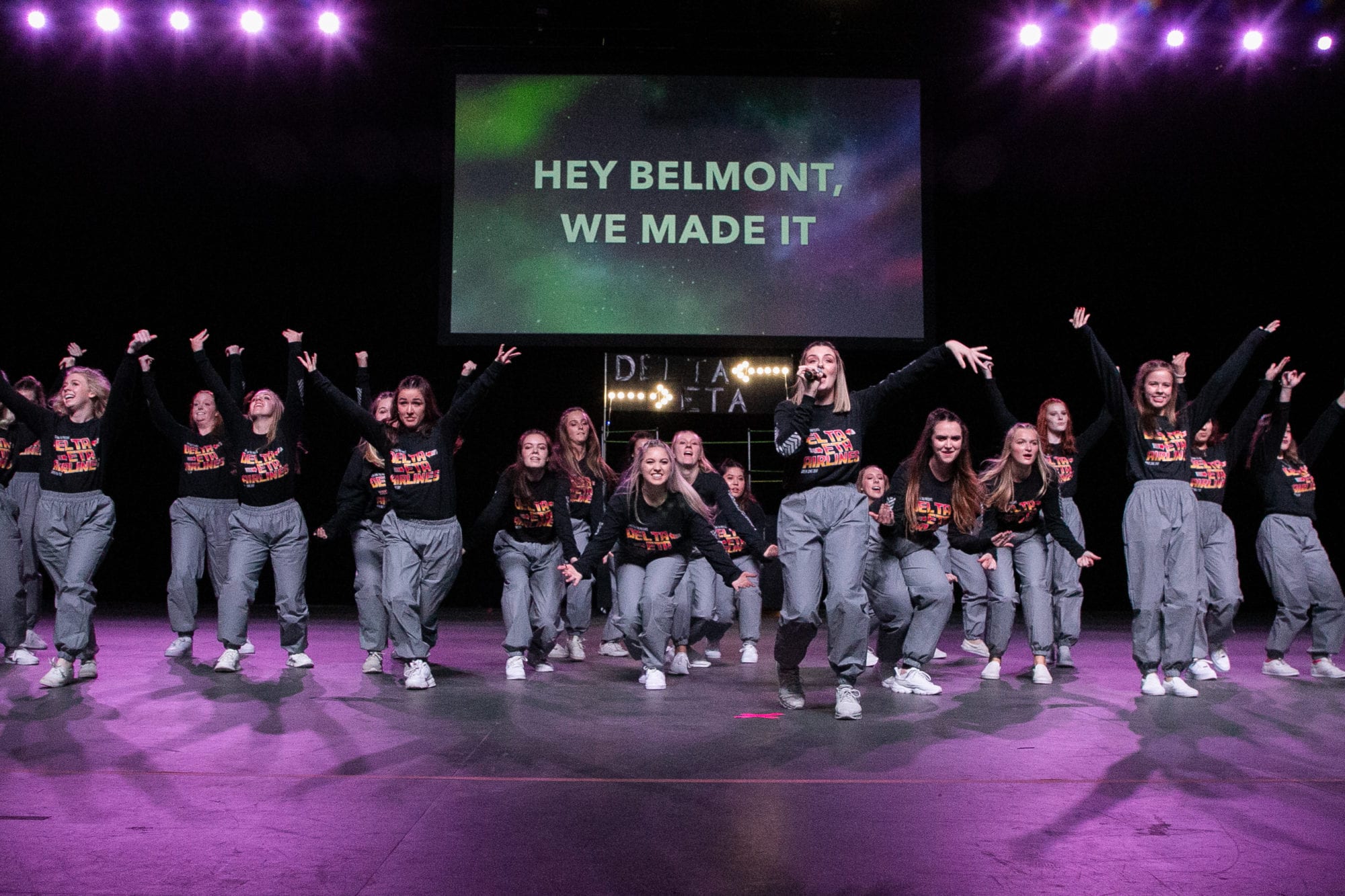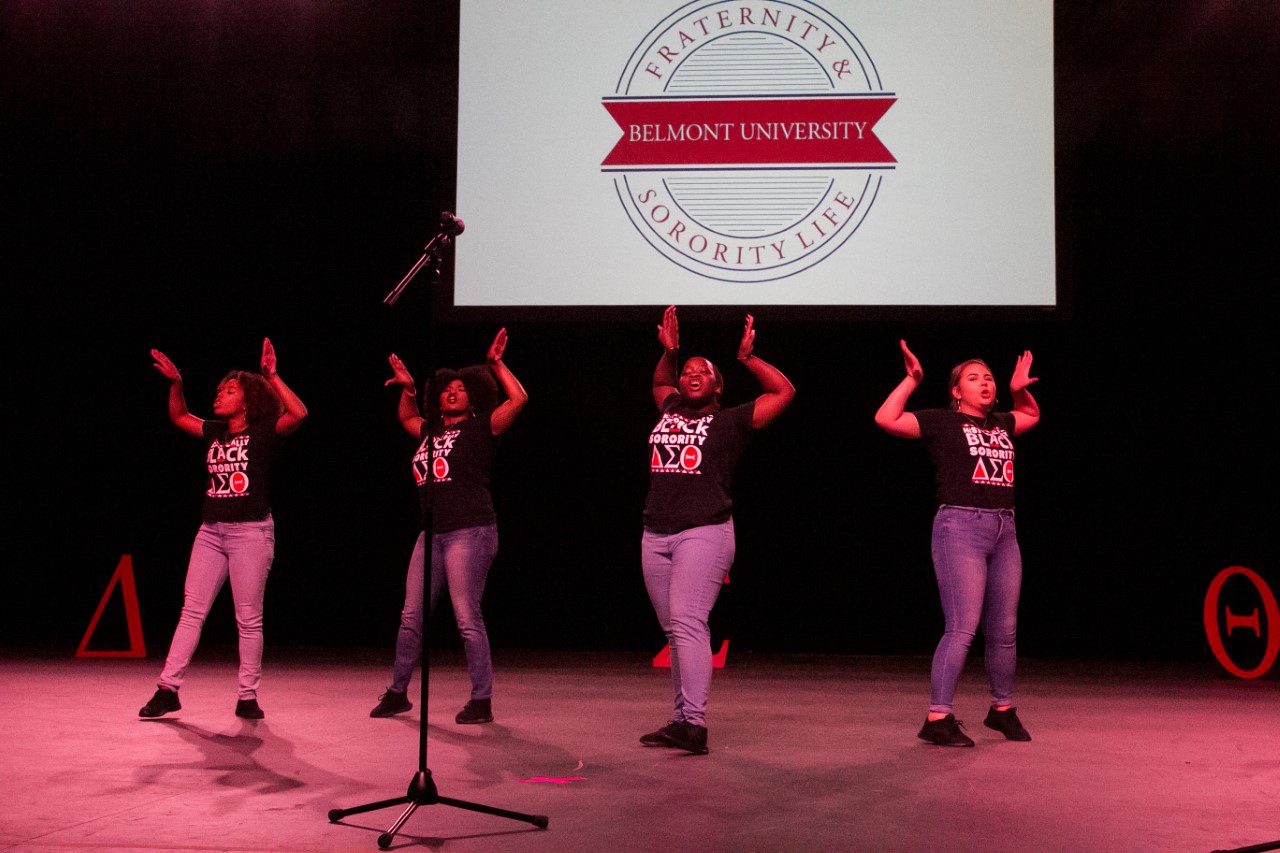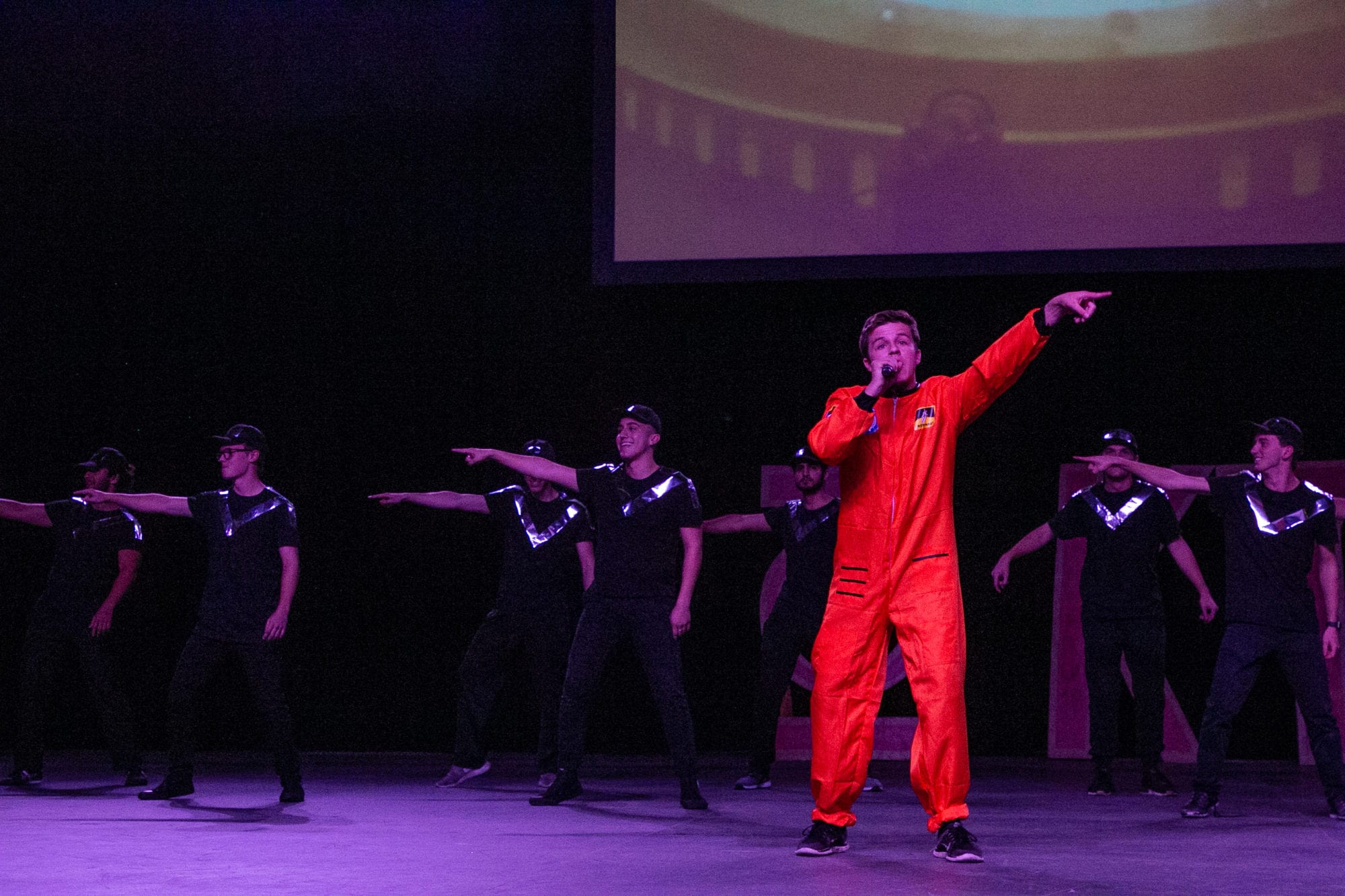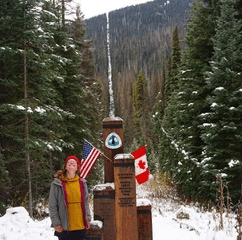Professor Lucian E. Dervan is the recipient of Belmont University College of Law’s inaugural Distinguished Scholar Award. The award recognizes scholarly excellence and was presented to Dervan for the significant contributions his research has made to the field of law, particularly his research related to plea bargaining and false pleas of guilt.
Dervan, who serves as an associated professor of law and as director of criminal justice studies, focuses on domestic and international criminal law. His writings have appeared in dozens of law reviews, psychology journals and books. He is the co-author of International Criminal Law: Cases and Materials (Carolina Academic Press) with Ellen S. Podgor and Roger S. Clark, co-author of a white collar crime trial advocacy text book entitled Peeling the Orange: White Collar Crime Trial Problem (Carolina Academic Press) with Ellen S. Podgor, founder and author of The Plea Bargaining Blog, and a contributing editor to the White Collar Crime Prof Blog (a member of the Law Professor Blogs Network).
In addition to his writings, Dervan has given more than 100 lectures, speeches and presentations globally and has twice been invited to give testimony before the United States House of Representatives’ Judiciary Committee. He recently testified before the Federal Senate of Brazil regarding pending plea bargaining legislation. In each area of his work, he strives to ensure that his research is relevant to essential public policy considerations and that his research holds the potential to influence improvements in the law.
Dervan’s main area of research is plea bargaining, which includes the creation of interdisciplinary psychological studies to gain better insights into the decision-making processes of defendants and research to expose and explain the symbiotic relationship between plea bargaining and over-criminalization.
In 2013, Dervan and Dr. Vanessa Edkins published their article, “The Innocent Defendant’s Dilemma: An Innovative Empirical Study of Plea Bargaining’s Innocence Problem” (Journal of Criminal Law & Criminology). This piece expanded the understanding of the psychology of defendant decision-making and demonstrated that more than 56 percen of innocent participants in their psychological deception study were willing to falsely confess to an offense they had not committed in return for the benefits of a plea bargain.
This study has now been replicated and validated by psychology labs around the world, as these other labs continue to explore the innocence phenomenon using versions of the Dervan/Edkins study paradigm. This research received significant attention in the criminal justice and psychology communities, including being discussed during Dervan’s appearances before the U.S. House of Representatives Judiciary Committee, in the Amicus Curiae brief filed by the Innocence Project in the recent Supreme Court case of Class v. United States, in the recently released National Association of Criminal Defense Lawyers (NACDL) report entitled “The Trial Penalty,”and in articles regarding plea bargaining in The Economist Magazine and The Wall Street Journal.
The findings from Dervan’s 2013 study led to his receipt of a grant from the Japan Foundation Center for Global Partnership to conduct similar studies of plea bargaining and innocence in Japan and South Korea. This ongoing research, will be used to assist South Korea in determining whether to permit plea bargaining, where the practice is currently prohibited. In Japan, which only recently adopted plea bargaining, the study will be of significance in identifying risks associated with bargained justice and in creating a strategy for the implementation of new rules of criminal procedure to address these concerns.
Dervan has been particularly active regarding Japan’s new law. In late 2018, he was invited to meet with leaders from Japan’s Supreme Prosecutor’s Office and various regional prosecutor offices at the Embassy of Japan in Washington, D.C. to discuss his research and ways Japan might minimize the risk of false pleas. More recently, Dervan was quoted and his research discussed in an article in The Japan Times regarding the indictment of the Nissan Motor Co. Chairman Carlos Ghosn.
Dervan’s international work has now expanded into South America, where he recently testified before the Federal Senate of Brazil regarding proposed legislation that would have created a sweeping formal plea bargaining system in the country. Dervan offered thoughts regarding both the benefits and risks associated with plea bargaining, along with recommendations for ways to minimize the risks posed by introducing a broad bargaining procedure into Brazil’s criminal justice system.
“Our studies and the many others that are emanating from them demonstrate that there are deep psychological forces at work when defendants are faced with a plea offer and that these decision-making processes can lead innocent individuals to falsely plead guilty,” Dervan testified. “As this chamber considers how to proceed with the current legislation, I hope you will carefully weigh these risks because current research indicates this is not exclusively an American phenomenon.”
In recent years, Dervan has expanded the scope of his psychological research regarding plea bargaining to include examination of topics such as collateral consequences, pretrial detention, the impact of counsel and requirements that a defendant implicate another person.
In 2018, Dervan and Edkins released a new plea-bargaining study that examined plea bargaining in the context of pretrial detention and collateral consequences by utilizing several different hypothetical scenarios. The hypotheticals involved a student charged with a drug offense, a nurse charged with assault and an unemployed individual living with two children in public housing and charged with breaking and entering.
For each hypothetical, half of the participants were asked to decide whether they would accept a plea deal in the matter without being told the collateral consequences of conviction. The other half were informed of the applicable collateral consequences before deciding. The collateral consequences included things such as loss of the right to vote, ineligibility for students loans, loss of professional licenses and ineligibility for public housing and food stamps. The research also tested whether the guilt or innocence of the defendants impacted the outcome, along with the effect of pretrial detention. In a recent article, Dervan described the findings of the study as follows.
First, the study found participants assigned to both the factually guilty and factually innocent conditions electing to plead guilty, thus once again confirming the innocence phenomenon. Second, direct knowledge of relevant collateral consequences did not alter defendant decision making, despite the sometimes life-long impact of these measures. Though disturbing, this finding is consistent with psychological research on temporal discounting, which posits that later consequences have less impact on decision making than immediate ones. Here, more immediate considerations, such as reduced sentences or release from pretrial detention, drove the participants’ choices. Third, the study found that pretrial detention significantly influenced plea decisions. Of particular importance here, the rate of innocent individuals who pleaded guilty tripled in the pretrial scenarios.
The
results of this work add further insights into the operation of the plea
bargaining system and will assist policy makers as they consider potential
reforms related to pretrial detention and collateral consequences, both
currently being debated nationally.
Dervan’s research regarding the psychology of plea bargaining has assisted the criminal justice community to better understand how the plea bargaining system operates. The influence of his work in the field is evidenced by his inclusion in the National Science Foundation’s Research Coordination Network for plea bargaining. This network, which was convened from 2013 to 2017, was created to spur more research on guilty pleas and included only twenty-nine members nationally representing the fields of law, criminology, sociology, economics, psychology and political science.
In 2016, Dervan was invited to serve as the discussant on a panel dedicated to the “Psychology of Plea Decisions” at the 2016 American Psychology-Law Society Annual Conference. In this role, Dervan was asked to bring his experience in the field to bear as he commented on various new works presented during the panel, many of which grew from or were influenced by his initial study in 2013. This invitation from the American Psychology-Law Society demonstrates the growing interest that has developed around plea bargaining in the law and psychology community in recent years.
More recently, Dervan was invited by the Cato Supreme Court Review to author the edition’s article on the 2018 Class v. United States Supreme Court decision, which addressed whether a defendant inherently waived his or her right to appeal as a result of pleading guilty. His piece, which was released in the fall of 2018, details how much we have learned in recent years regarding the psychology of plea bargaining and how this new information will likely impact the Court’s future plea bargaining jurisprudence.
Dervan was also recently invited to author a piece on the psychology of plea bargaining for a special edition of the Federal Sentencing Reporter. This journal was created by Daniel J. Freed and Marc L. Miller, in collaboration with the Vera Institute of Justice, and is the only academic journal in the country focusing specifically on sentencing law, policy, and reform.
Regarding his work related to plea bargaining and over-criminalization, Dervan published a piece in 2011 that helped establish the historic link between these two phenomena. This work resulted in his being called to testify before Congress on two occasions. During his first Congressional testimony in 2012, Dervan was asked to review pending legislation regarding counterfeit goods.
Along with offering amendments that were adopted by the Committee before the statute was passed into law, Dervan spoke with the Committee about the importance of reflecting on the issue of over-criminalization prior to creating any new criminal statutes. The following year, after the establishment of the House Judiciary Committee Over-Criminalization Task Force, Dervan was once again called to testify. This time, he spoke about potential solutions to the over-criminalization phenomenon as applied to regulatory crimes. His testimony included discussion of his plea bargaining research and the role of plea bargaining in the larger bi-partisan criminal justice reform movement.
Dervan was invited to give a Ted Talk-inspired presentation on over-criminalization and plea bargaining at the May 2016 National Association of Criminal Defense Lawyers and U.S. Chamber of Commerce’s Institute for Legal Reform day-long symposium entitled The Enforcement Maze: Over-Criminalizing American Enterprise. Professor Dervan also served as a reporter for the event and released a compendium publication in late 2018 containing papers from the symposium participants. Professor Dervan wrote both the introduction to the compendium and submitted his own article regarding the symbiotic relationship between plea bargaining and overcriminalization.
Currently, Dervan is working on several projects related to plea bargaining, including research related to collateral consequences, victim’s rights, and innocence. He is also working on a book regarding the history of plea bargaining and plea bargaining’s innocence issue.
Follow Professor Dervan and his research on Twitter at @LucianDervan
